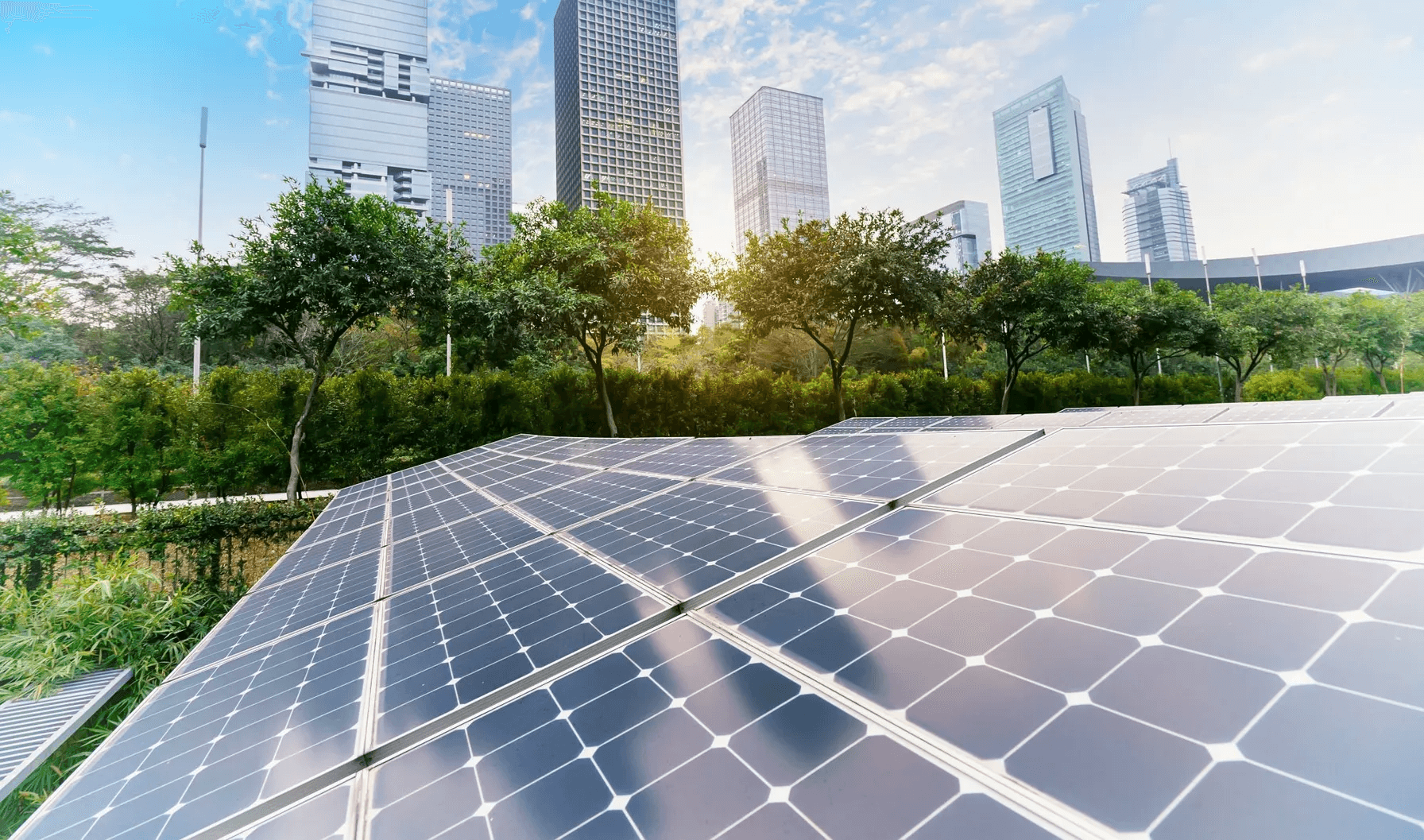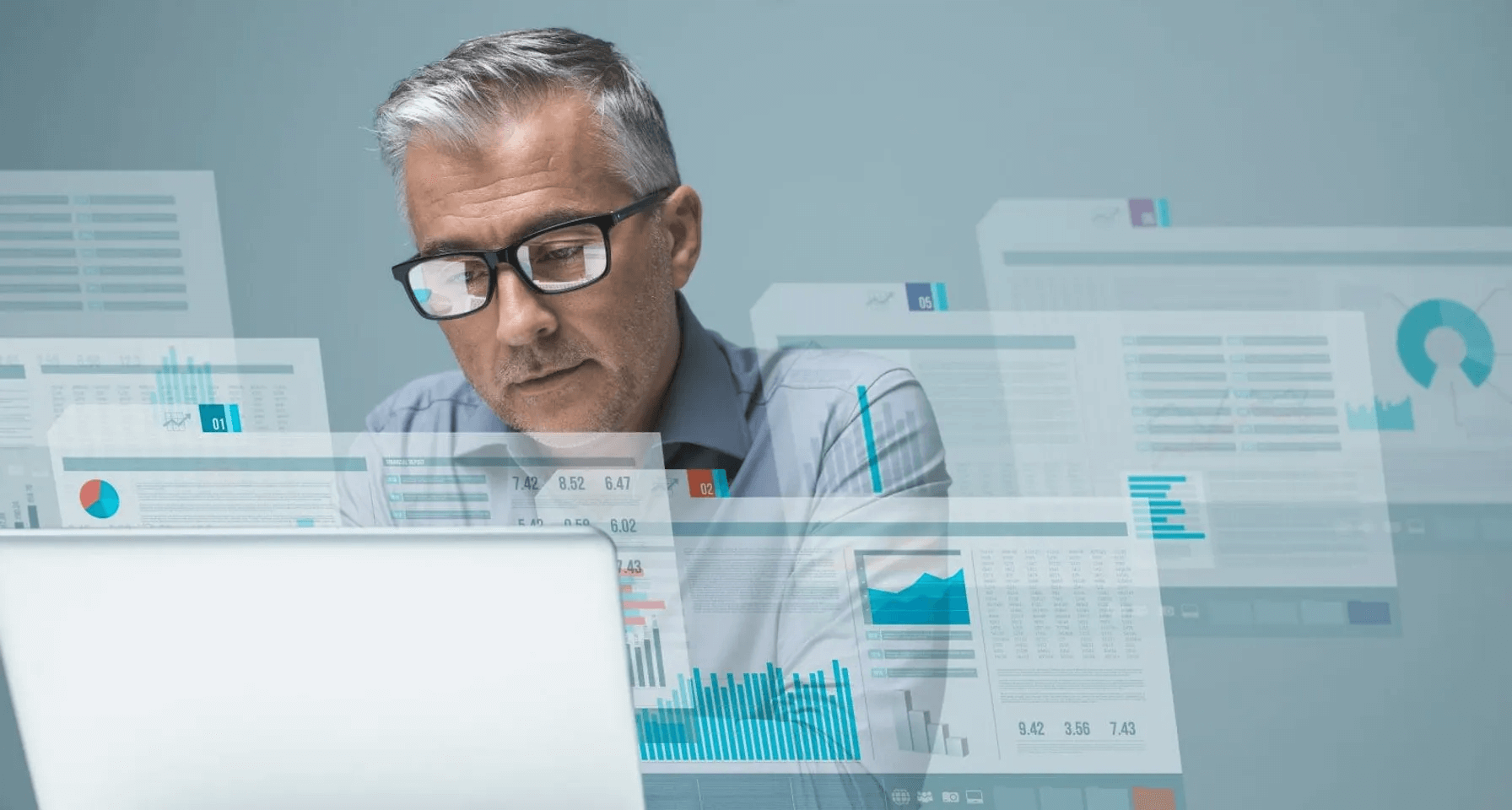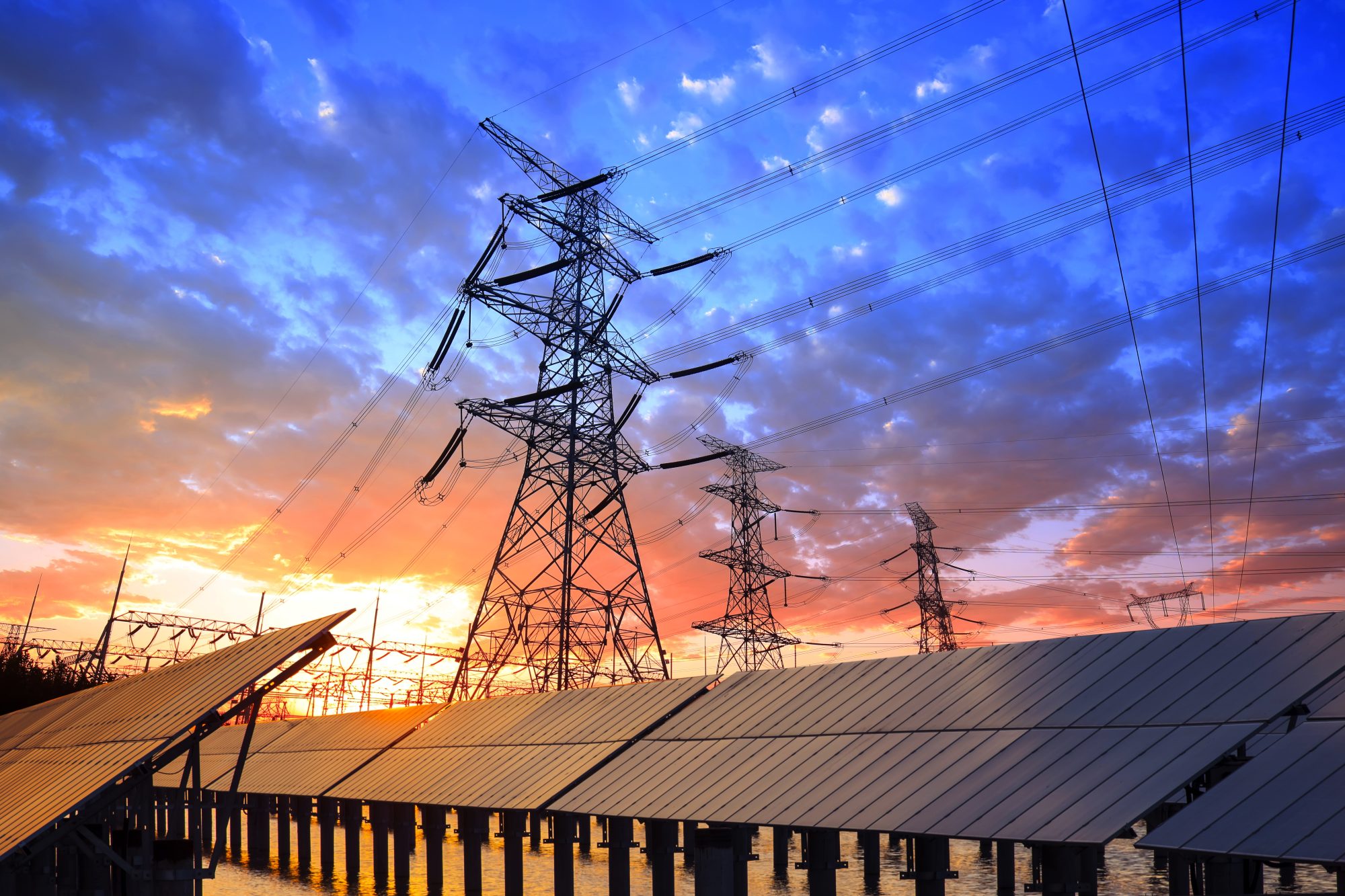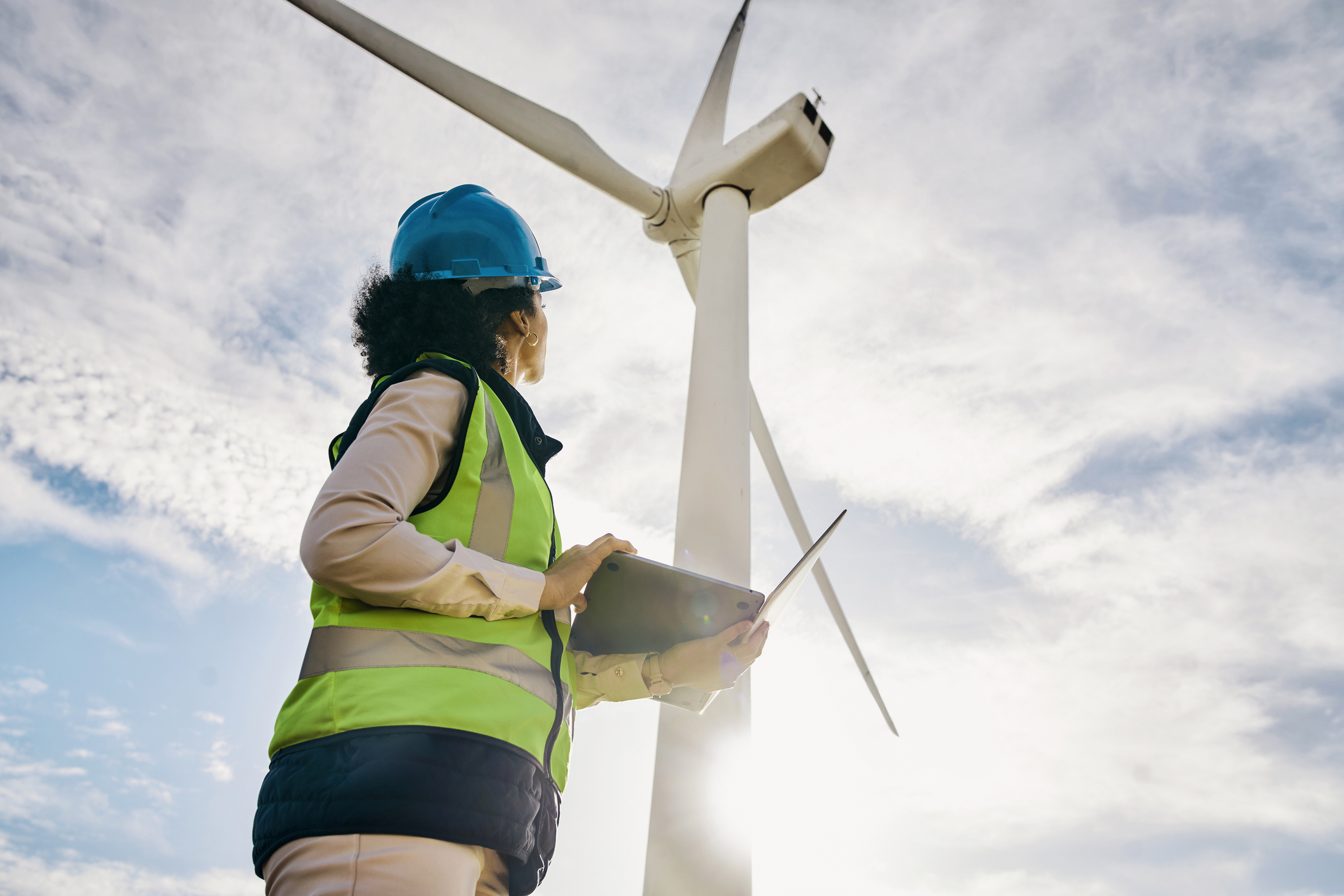Some have posed concerns about the economic side effects of moving toward renewable energy. Though scientists agree a shift is necessary, it’s still essential for legislators, operators and developers to ask questions about who it will affect and how. Will working people lose their jobs? Will fossil fuel communities crumble? Will the economy fall into a recession or collapse?
Although the transition will be challenging and not everyone will see an immediate benefit, experts predict greater positive economic outcomes than negative ones. Utilities can be and many already are a part of this positive outcome. The transition will create economic growth, along with improved efficiency and resiliency. While the switch may threaten some jobs, it will also create jobs with better compensation and stronger future outlooks. In any case, switching to renewable energy is necessary for mitigating climate change and preserving ecosystems.











